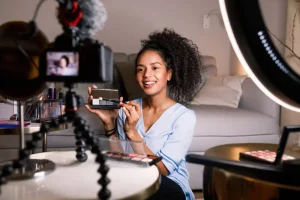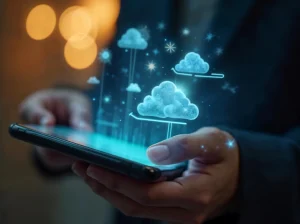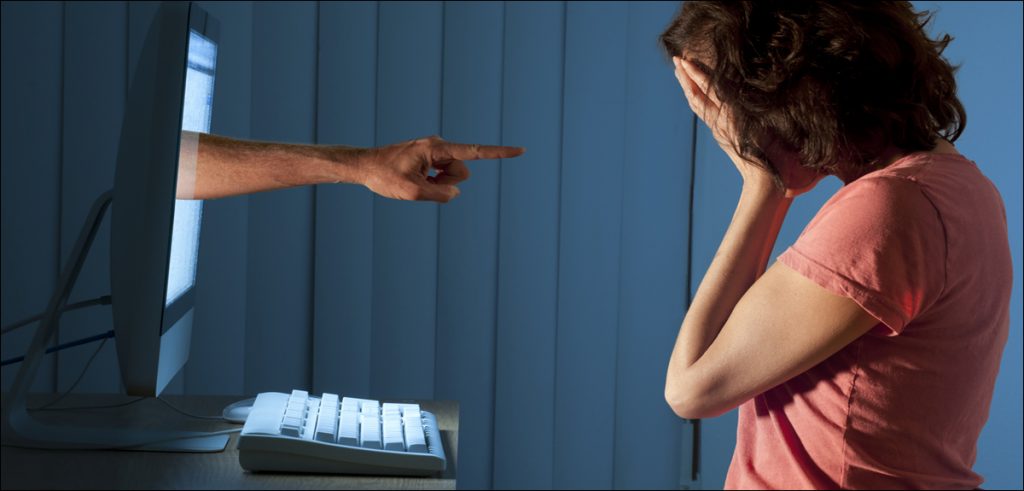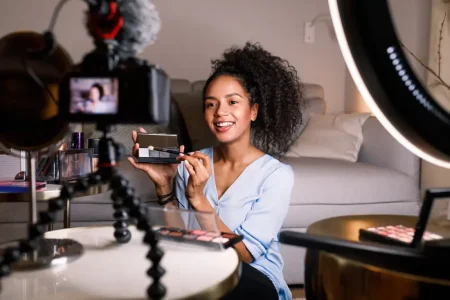Technology has always had a negative connotation in conversations surrounding mental health. But can it have a positive impact as well? Adarsh explores possibilities.
Most folks believe technology to be a bane for the mental health of modern youth. They may have a point. The following statistics on the effects of technology on the psychological state of make for painful reading.
- 73% of the people who participated in a study by Etactics admitted to feeling lonely after prolonged social media usage.
- For every 10% rise in social media interaction, the risk of depression increases by 20%.
- Among the teenagers who participated, 59% have experienced some form of cyberbullying.
Overall, this data would conclude that technology has a severely negative affect on your mental well being.
While there is no denying this fact, it is equally true that smartphones and tablets are giving the public as well as doctors and researchers new ways to access help, monitor progress and learn more about mental wellbeing.
The many blessings of technology
It has a lot of advantages. It is convenient for you to access your smartphone from anywhere. It is also anonymous, low cost and the treatment programs are consistent for all users. It also serves as a first step for those who have been wary about treating mental health in the past.
Here are a few ways in which technology can have a positive effect:
- Mental Health Apps & Websites
Apps are a convenient option and can be accessed anytime and from anywhere. Most of these apps and websites have checks to ensure that you find information and get help in a private and secure manner. Some of them also help you find and connect with others who are struggling with similar mental health issues.
These apps and websites tend to focus on 3 key areas: tracking and improving your mood, helping you relieve stress and keeping a check on your anxiety level. For instance, a simple meditation app can offer breathing exercises that will relieve stress and help you relax or sleep better.

There are several mental health apps out there and you may have to browse through a few to find one that suits your needs. But some of the most popular ones are Calm, Moodnotes, Headspace and Talkspace.
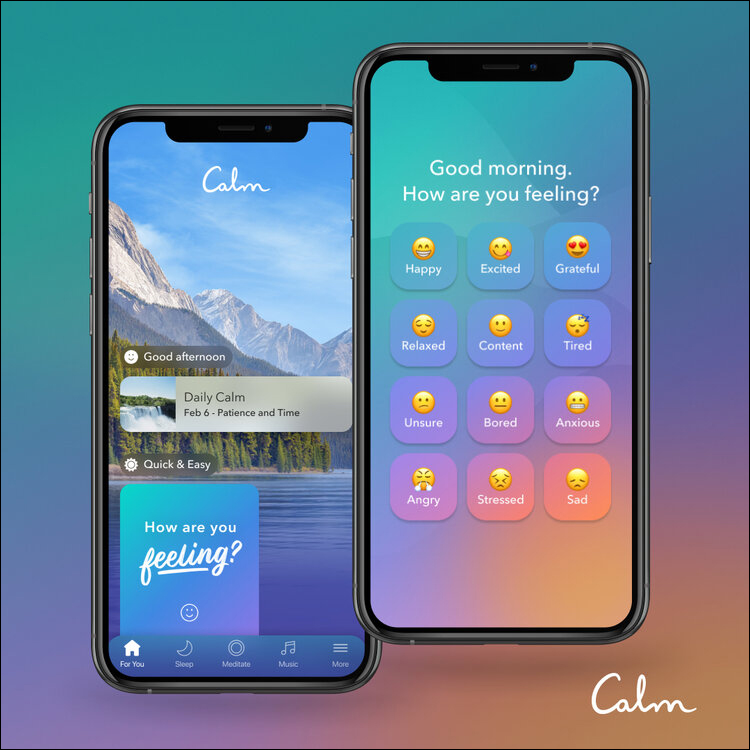
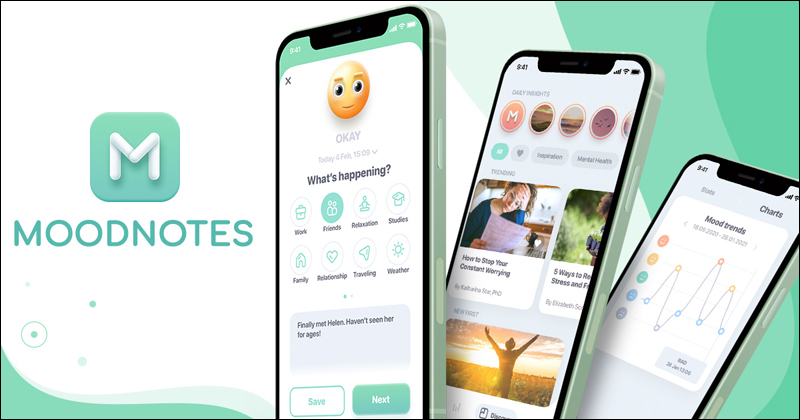
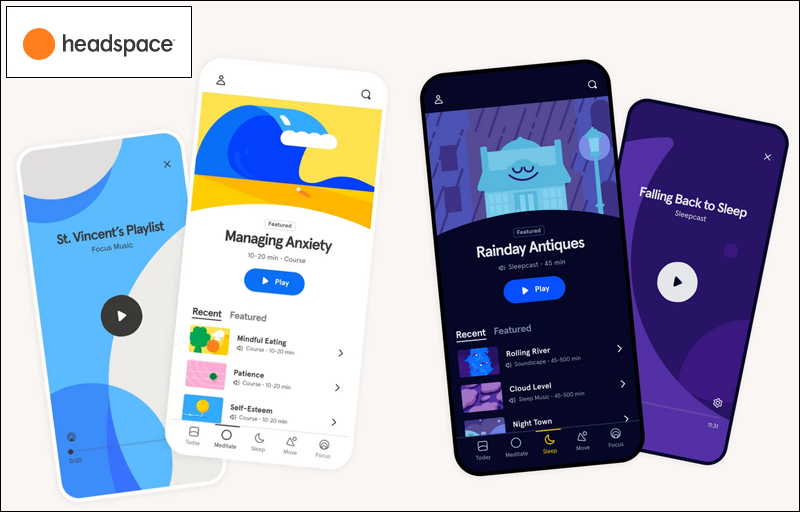
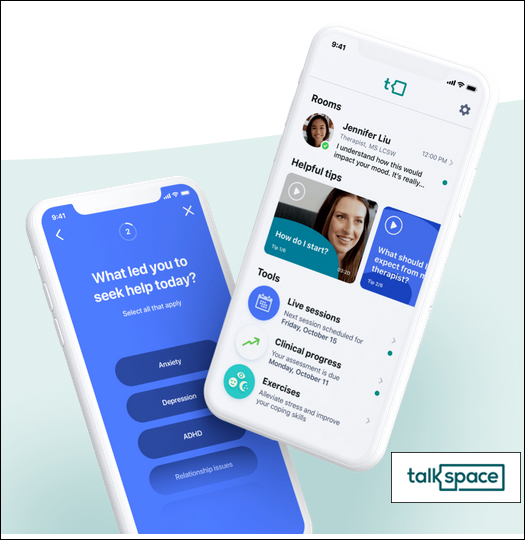
- E-Therapy Programmes
E-Therapy Programmes are like apps and websites except that instead of interacting with an app, you are talking to a real person through your smartphone or computer. This is preferable for people who want to improve their mental health from the comfort of their homes or would rather discuss their issues remotely instead of meeting their therapist or counsellor in person.
Another advantage of these programmes is anonymity which is a major cause of concern for those who struggle with their mental health.
- Chatbots & Voice Assistants
For a lot of people, talking to another person about their mental struggles can be a struggle. That is where chatbots are a perfect substitute. Thanks to advancements in artificial intelligence, machine learning and natural language processing, these chatbots are becoming smarter and more capable of interacting with humans.
Mental health chatbots can do a variety of things: they can lend an ear, listen to your problems or concerns, offer solutions, or even indulge in therapeutic small talk. For example, if you tell Amazon’s Alexa that you are feeling lonely, it will offer tips to combat loneliness, suggest a friend you can speak to or ask you if you want to go for a walk. It also suggests songs that might put you at ease.
- Virtual Activities
Virtual activities have become especially popular since Covid-19. The lockdown meant that a lot of people were stuck at home without company and this resulted in loneliness, depression, and other mental health issues for a lot of people. Virtual activities have become a fashionable way to combat loneliness.
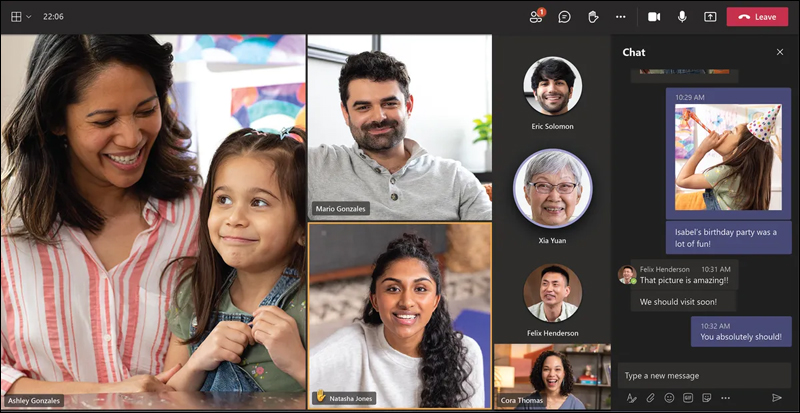
The simplest forms are pub quizzes among friends or families or just group calls which result in small talk and banter that can take the feeling of loneliness away, even briefly. But there are other activities as well, like virtual tours of zoos and museums as well as virtual music concerts hosted from the house or studio of the artist.
Workout videos are also gaining popularity as they help you stay fit when you are stuck at home and help with mental health as they help in reducing anxiety and depression.
- Virtual Reality
This is a new field but advancement is happening at an extremely fast pace. Virtual Reality (VR) headsets can help in desensitising patients suffering from traumatic stress disorder by recreating their personal triggers. This needs to be carried out in a safe environment like your home or your therapist’s office as these triggers can also cause irrevocable harm if not handled well or recreated in moderation
VR can also help patients who are suffering from depression, anxiety, and other disorders.
- Prescription Video Games
Earlier this year, America’s FDA approved the marketing of EndeavorRX, the world’s first prescription video game. This futuristic treatment has been on the cards for a while now. EndeavorRX is especially for kids with ADHD between the ages of 8-12. It challenges these young patients to focus on several simultaneous tasks inside the video game in a fun and engaging manner.
So, overall, while technology and social media have the potential to severely affect your mental health, if used correctly and in moderation, it can also have a positive impact. It all stems down to how you approach it!
In case you missed:
- Why You Should Never Reuse Passwords
- Is AI marking the End of the Web Traffic Era?
- Suicide Notes, Extreme Diet Plans: ChatGPT’s Unfiltered Answers to Teens
- 14 Things to do Immediately if you Lose your Phone
- Cloudflare’s One-Click Solution for Image Verification
- No More Budget Phones: India is Buying Premium Phones Now
- Global Backlash and Legal Pressure Follow Grok’s Explicit Images
- Google launches ‘Cheap AI’ to Combat Rising Costs & Chinese Competition
- Target, NVIDIA Best Tech Workplaces in India, Amazon, InMobi among Worst
- iPhone 18 might use Satellites for Connectivity!
